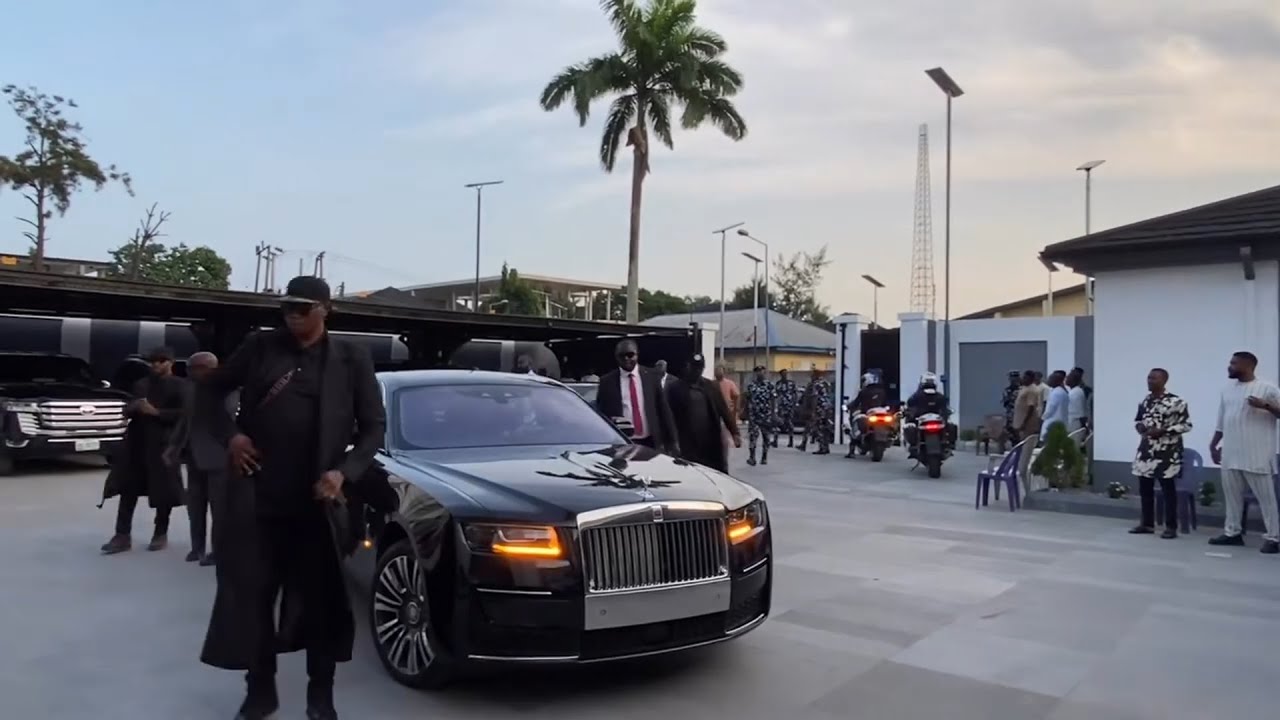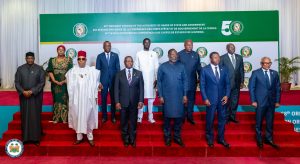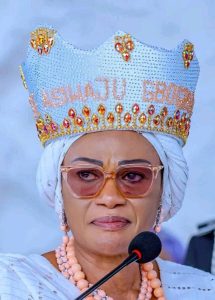Nyesom Wike, the Minister of the Federal Capital Territory, and other prominent figures in Nigeria’s ruling All Progressives Congress, APC have repeatedly claimed that the country was “dead” economically when President Bola Tinubu assumed office on 29 May 2023. Yet, the same voices fail to address the paradox of lavish government spending under Tinubu’s administration, raising questions about the veracity of their narrative and Tinubu’s role in the nation’s economic trajectory.
Wike, a vocal supporter of Tinubu, has pointed fingers at the administration of former President Muhammadu Buhari, under whom Nigeria allegedly “died” due to economic mismanagement. However, critics highlight the irony: Tinubu was a key figure in the APC during Buhari’s tenure (2015–2023), serving as a national leader and influential strategist. As one of the architects of the APC’s rise to power in 2015, Tinubu backed Buhari’s presidency and was a close ally, raising questions about his complicity in the economic policies that supposedly led to Nigeria’s death. Social media posts have echoed this sentiment, with one user stating, “Tinubu was part and parcel of Buhari’s government, advising on economic matters. How can he now claim Nigeria was dead when he took over?”
Despite the narrative of a “dead” economy, Tinubu’s administration has overseen significant expenditure on high-profile assets. Shortly after taking office, Tinubu approved the purchase of a new presidential jet, replacing the ageing fleet inherited from previous administrations. The move, justified as necessary for security and efficiency, sparked controversy given the country’s economic challenges, including high inflation and fuel subsidy removal. Additionally, the presidential fleet of vehicles was upgraded, with new luxury cars introduced to the State House. Reports also surfaced of Wike acquiring a Rolls-Royce, a symbol of opulence, for official use in the Federal Capital Territory.
These expenditures stand in stark contrast to the claims of economic ruin. Nigeria’s economy, while strained, has shown signs of resilience. The World Bank and IMF have noted the need for structural reforms, but Tinubu’s government has maintained access to international markets and implemented policies such as tax reforms and subsidy removal, which have generated revenue, albeit at the cost of public hardship. How, then, could a “dead” Nigeria afford such extravagant purchases? Critics argue that the narrative of a collapsed economy is a convenient excuse to deflect scrutiny from current spending priorities.
Tinubu’s supporters, however, argue that these acquisitions are necessary to restore Nigeria’s global standing and improve governance efficiency. They point to Tinubu’s economic policies, dubbed “Tinubunomics,” as a departure from Buhari’s approach, aiming to liberalise the economy and attract investment. Yet, the lack of transparency around these purchases has fuelled allegations of corruption. Former President Olusegun Obasanjo recently described Buhari’s administration as the “worst in Nigeria’s democratic history” for corruption and warned that Tinubu’s government might surpass it, citing projects like the N15.6tn Lagos-Calabar Coastal Highway as potentially wasteful.
The contradiction between claims of a “dead” economy and the government’s spending habits has sparked public scepticism. Many Nigerians question how Tinubu, a key APC figure during Buhari’s eight years, can distance himself from the policies that led to the alleged economic collapse. As one analyst put it, “If Nigeria was truly dead, where did the funds for a new jet, luxury cars, and a Rolls-Royce come from? Either the economy wasn’t as bad as claimed, or the priorities of this administration are misplaced.”
As Tinubu’s government approaches its second year, the challenge remains to reconcile its reformist rhetoric with its spending decisions. With economic hardship biting harder for ordinary Nigerians, the optics of lavish expenditure risk further eroding public trust. For now, the question lingers: if Nigeria was dead, how is it footing the bill for such extravagance?






